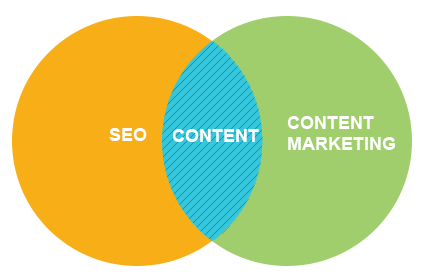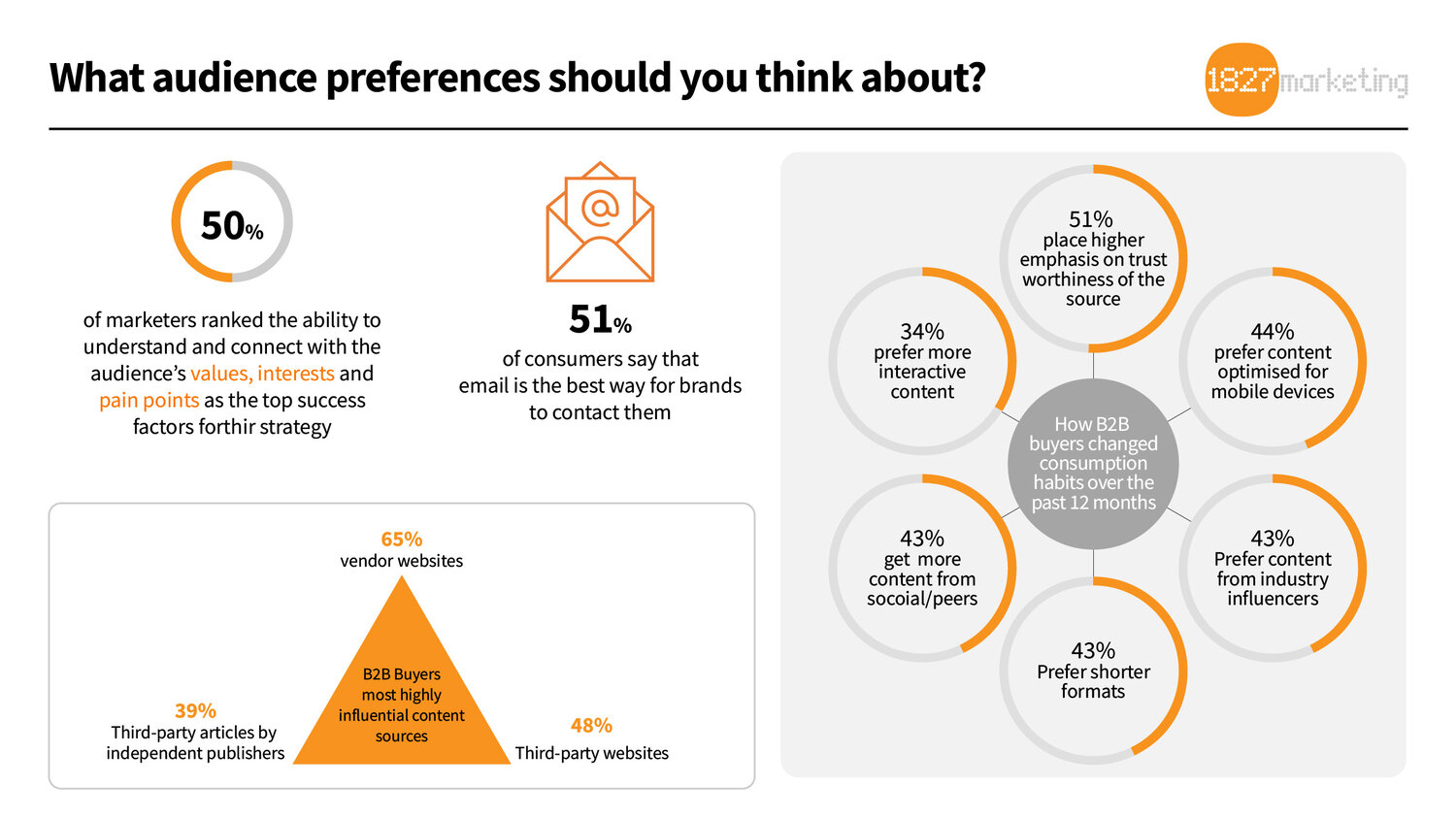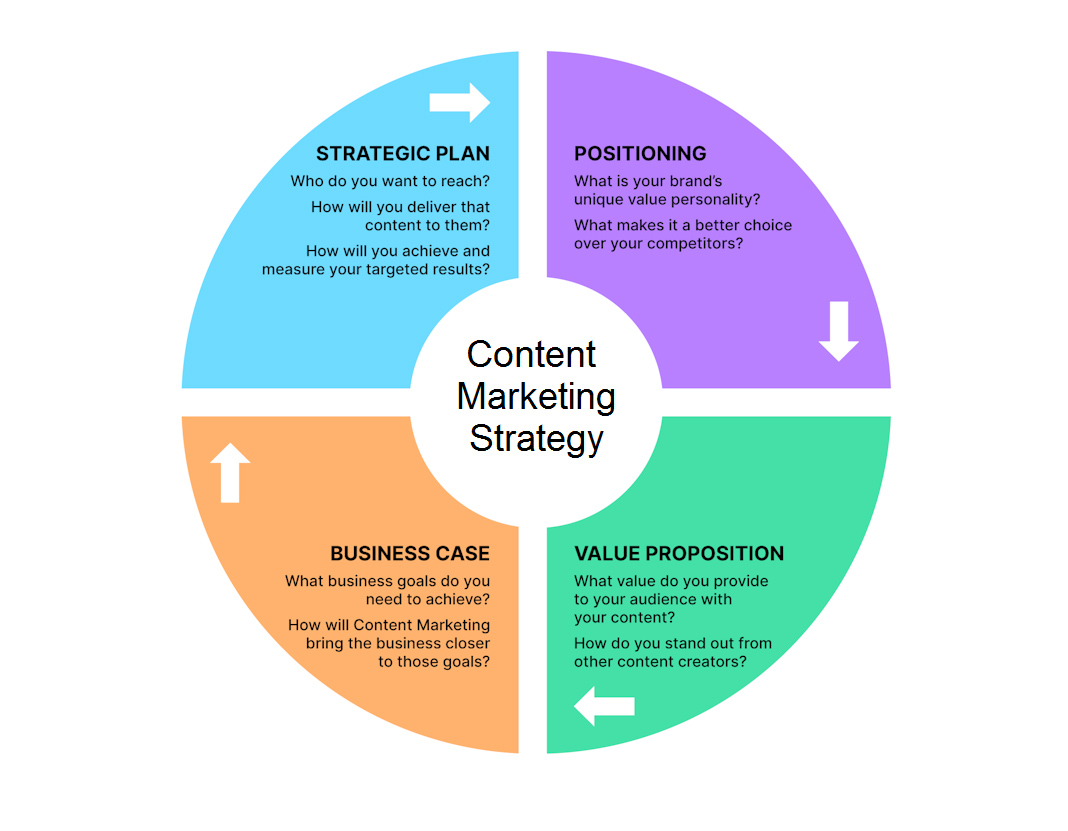This isn’t your typical search engine optimization (SEO) advice column. Think of it more like your SEO tough love column because real talk: Your SEO content probably sucks. By sucks, I mean it likely focuses on issues that don’t particularly matter to your target customer and talks about them in a generic and non-differentiated way that isn’t creating demand for your business.
Now, please, don’t get offended. You were doing your best with what you were given — and what you were given was (I’m guessing) not much.
The problem isn’t (usually) the writing. It’s that many, many organizations take a cynical approach to SEO. They want a high rank on high-volume search engine results pages (SERPs), but they’re late to the game and don’t have anything unique to say.
As a result, they produce a lot of general and generic content for SEO that doesn’t move the needle. It may even do the opposite. After all, a potential customer may develop a negative impression of your brand after reading uninteresting content.
So consider this my real-world SEO advice column for content marketers who want to get off the hamster wheel.
Your SEO Foundations Are Weak
If you’re lucky, you work for a company pursuing a systematic SEO strategy grounded in deep insights into your customers’ interests, pain points, and priorities.
Within that context of known customer needs, you develop web pages, blog posts, and other searchable content that highlight your unique point of view on those topics — using the language (keywords and search terms) your customers (and, okay, other stakeholders like the media) use when seeking information about it.
With expert, on-point content, effective keyword usage, backlinks, clear prose, and distinct headings and subheadings, your content rises to the top of (SERPs). And as it rises, you see the demonstrable impact on generated demand.
Sounds great, right? I think so, too.
Unfortunately, very few of us are that lucky. Most of us work for organizations that lack deep insights into their customers’ interests. Instead, our companies have beliefs and assumptions about our customers that stand as a proxy for insights. And even if we have insights, our organizations may not have a distinct point of view about solving them.
Thus, when we set out to write SEO-oriented content, there’s no foundation on which to build it. We’re just working through a checklist of search terms.
The result is generic content containing the same information that appears on dozens of other sites. We may get traction by doing a better job than others of following SEO content best practices that tap into the algorithms. But in a competitive market with lots of coverage, that is rarely enough to push you to the top SERPs.
If that describes you, all is not (entirely) lost. I have SEO advice for you, which involves rebuilding your SEO content’s foundations.
Follow This SEO Advice for a Stronger Content Foundation
As a content professional, I realize you may not have all the resources you would need in an ideal world to develop great SEO content.
If your organization is young with immature marketing processes (or not-so-young with immature marketing – we don’t judge-)…
If it doesn’t have a robust voice of the customer or customer advocacy practice…
If you have siloed customer-facing operations…
If you operate in a mediated industry far from your end user…
…then it may be hard for you to get clear about who you are writing for and what they care about. (There are dozens of other reasons why that clarity could be elusive—these are just a few.)
But even in that black hole of customer insights, consider these four pieces of SEO advice to build a stronger foundation for your content.
Rethink Who You’re Writing For
Who do you think reads your SEO content? And is that person your buyer?
Too often, brands use SEO content as part of an elaborate fishing expedition. We write this content with the hope that hundreds and even thousands of people will find it, knowing that only a small fraction of those people are even in the market to buy what we sell.
For enterprise B2B companies, the math gets even worse. The people doing an organic search on the topics we write about are probably not our target buyers but rather someone far down the organizational hierarchy. In other words, we are writing content to capture attention from the wrong eyeballs.
Yes, we may get lucky. And yes, we have different audiences — prospective customers as well as members of the media, influencers, investors, partners, and so on. But the odds of reaching relevant eyeballs are definitely not in our favor.
So go back to basics — define your ideal audience and base your SEO goals and KPIs on reaching them. Doing so in an honest way will very likely result in your putting much less emphasis on volume (i.e., how many website visitors, for example) and more on quality (i.e., are they the right visitors).
Understand What Your Customer Cares About
When you know what your customer cares about and the problems they need to solve, you can more confidently:
- Prioritize topics that your audience wants to know about
- Deliver content in formats your audience wants to engage with
- De-emphasize non-priority topics to reduce “noise” from your brand
Knowing is not easy, however, for the reasons discussed. Modern techniques like customer sentiment analysis can surface these kinds of insights, but they require a budget, which could be hard to get. There is also a wealth of information available from public sources, such as chat rooms, survey results, and influencer pages. Plus, don’t overlook the sources your organization already has but may underuse. For example:
Sales
If you have a sales department (whether you’re B2C or B2B), make friends with some of the reps and ask what they hear in the field. Are they seeking customers, or do the customers find them (hunting vs. gathering)? What problems are customers looking for your company to solve — and can your organization solve them?
Customer service
Seek out internal reports or insights about the most common complaints or issues customers have with your product or service. What do they want from it that it’s not providing? What are they happy with?
Your friends
Seriously — whether you work for a B2C or a B2B company, you may have friends that fit the profile of your firm’s target customer. Ask to interview them about the opportunities or challenges they face related to your market and what they would like to learn.
Rethink Your Point of View
…Or develop one in the first place. This one is probably the hardest to realize but also the most impactful: You need a point of view. It will be much easier to draw attention to your organization’s content if it has a concrete and distinct perspective on subjects that customers care about. In contrast, if your SEO content espouses undifferentiated ideas, it will never get high enough to produce measurable SEO results.
To help develop a point of view for your brand, seek out subject matter experts in your organization and listen to the way they talk and share ideas. Work with them to build a distinct voice or perspective. This is particularly powerful if the subject-matter expert is in a similar role or position to your target buyer — they will have unique credibility and influence.
Write What’s Interesting
All of my SEO advice essentially amounts to a call to action to write interesting stuff — period. That should be the standard to which we hold all business content.
So flip the SEO content development process and start with subjects that matter, that are interesting, and that you have something important to say about — not with the high-volume keyword your company wants to rank for.
Ask yourself: Is this subject important? Is it timely? Does your target audience care about it (or should they)? And does your organization have something to say about it that hasn’t been said already by basically everyone else? Start there. A triple yes means you go ahead, build your creative brief, and then see how the topic and the frame you set up for it can align with the SEO keywords you’ve prioritized.
That may seem apocryphal. Well, I say businesses shouldn’t write opportunistic SEO-motivated content to which they add zero value. It costs too much — both in terms of resources and brand value.
Learn more about content strategy every week. Subscribe to The Content Strategist newsletter for more articles like this sent directly to your inbox.
The post SEO Advice to Create Content That Doesn’t Suck appeared first on Contently.






![the-business-requirement-document:-what-it-is-and-how-to-write-it-[+5-templates]](https://prodsens.live/wp-content/uploads/2022/09/4012-the-business-requirement-document-what-it-is-and-how-to-write-it-5-templates-380x250.jpg-23keepprotocol)

